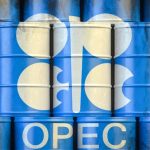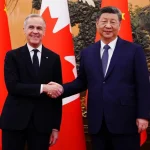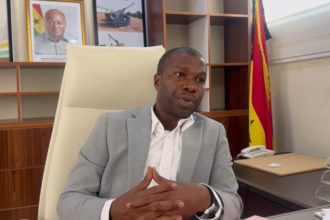In response to the IEA’s warning made on Wednesday that OPEC should be careful not to cut too much production lest they jack up prices too high, the Organization of the Petroleum Exporting Countries (OPEC) issued a warning of its own to the IEA: your calls to stop investing in oil and gas is what could lead to future price volatility, OPEC said in a Thursday statement.
The IEA’s warning was simple: OPEC should be careful not to cut production too much, lest crude oil prices rise to the point where it stifles economic growth and pressures consumers into moving away from costly fossil fuels to renewable energy and EVs.
“The global economy is in a very fragile stage,” Birol said on Wednesday, adding that higher oil prices were “the last thing that we want.” Meanwhile, the IEA has spent the last few years becoming an unofficial champion of the energy transition movement.
OPEC declined to take the warning in stride, lashing out at the IEA with a press statement, arguing that “finger pointing and misrepresenting OPEC and OPEC+ actions is counterproductive,” stressing that blaming oil for inflation was erroneous and technically incorrect.
“The IEA knows very well that there are a confluence of factors that impact markets.” OPEC Secretary General Haitham Al Ghais said on Thursday. “The knock-on effects of Covid-19, monetary policies, stock movements, algorithm trading, commodity trading advisors and SPR releases (coordinated or uncoordinated), geopolitics, to name a few.”
“If anything will lead to future volatility, it is the IEA’s repeated calls to stop investing in oil, knowing that all data-driven outlooks envisage the need for more of this precious commodity to fuel global economic growth and prosperity in the decades to come, especially in the developing world.”















